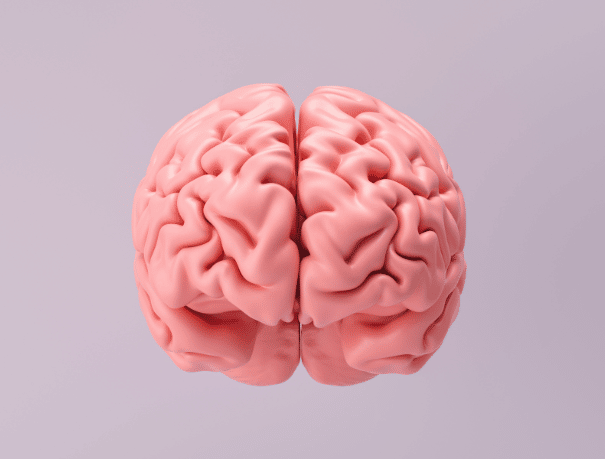Cranial MRI
What does it consist of?
First of all they will administer contrast to mark the area to study, if necessary. Afterwards you should be stretched in the resonance remaining as calm as possible throughout the scan.
The test can last from 20 to 45 minutes depending on the study being performed. During this time it is important that you remain still.

CASES IN WHICH IT IS RECOMMENDED
Who is it for?
Cranial MRI can help diagnose:
- Developmental abnormalities
- Hydrocephalus – dilation of the spaces with fluid within the brain (ventricles)
- Causes of epilepsy (seizures)
- Infections
- Stroke
- Brain tumors
- Certain chronic diseases such as multiple sclerosis
- Bleeding in certain trauma patients
- Diseases of the eyes and inner ear
- Pituitary gland disease
- Vascular problems such as an aneurysm (a balloon-shaped expansion of a blood vessel), arterial occlusion (blockage), or venous thrombosis (a blood clot inside a vein)

INSTRUCTIONS
How should you prepare?
- Contrast administration: Intravenous contrast administration, perhaps is required.
- Metal objects: The technician will give you the necessary instructions, provide you with a gown and ask you to remove any metal objects (jewelry, watch, piercings, hairpins, mobiles, dental prostheses and hearing aids).
- Heart devices: It’s important to tell the technician about any devices you’re implanted in your body (pacemakers, electrodes, and clips from previous surgeries).
- Hydration and lactation: Drink plenty of water to eliminate contrast from the body. If you are breastfeeding, you should stop for 48 hours. You should discard breast milk.

Medical professionals
The specialists who will assist you at CreuBlanca
A team of professionals to take care of you.


Related articles
CreuBlanca's blog
You will find advice from our professionals on how to improve your health and information on the latest technologies applied in the medical health sector.
 The Expert's Voice
The Expert's Voice
25 Feb 2026
3 Min
Prevention in urology: when to see a specialist and which symptoms not to ignore
Find out when to see a urologist, which urinary symptoms you should not ignore, and how to prevent prostate cancer. Book an appointment at CreuBlanca.
 CreuBlanca
CreuBlanca
11 Feb 2026
2 Min
A Day with Dr. Garnica in the Operating Room: Inside Plastic and Reconstructive Surgery at CreuBlanca
Discover a day in the operating room at CreuBlanca and how our Plastic and Reconstructive Surgery team combines experience, technology, and human care.
 CreuBlanca
CreuBlanca
06 Feb 2026
4 Min
First Visit in Reproductive Medicine: How to Start the Process and What to Expect
Discover what the first visit in Reproductive Medicine is like, which tests are performed and how to start the process with specialised medical support.


